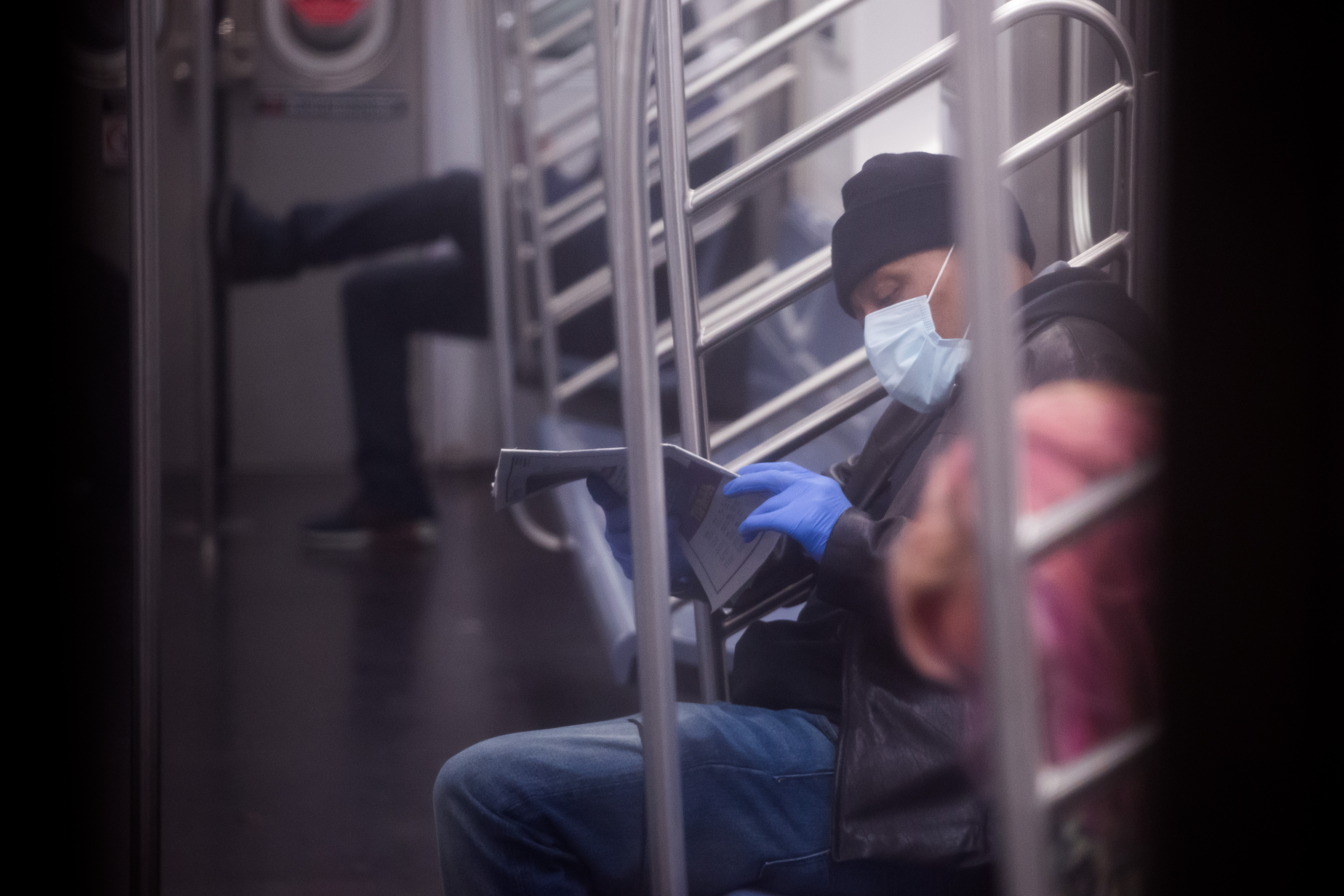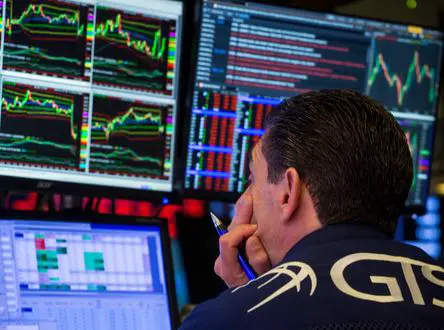by Matthew Rusling
Just a month ago, the U.S. economy was booming, the jobless rate was at its lowest in decades, and the U.S. stock market was surging to all-time highs. That is, before the dark cloud of COVID-19 descended.
Now the country is approaching November's elections amid a threat brought by the virus.
"I think a lot of 2020 depends on the next few months, if the coronavirus crisis passes quickly, if the response measures help bridge the gap to a more normal economy" said Christopher Galdieri, assistant professor at Saint Anselm College.
A national emergency was declared in the United States last week over the fast spread of the virus. Schools are closing, restaurants and cafes are only offering take-out, and many Americans are working from home.
The United States is moving toward a total lockdown, which threatens to wreak havoc on its economy. Consumer spending could drop as people lose their jobs, and businesses face temporary closures, staffing issues, and supply chain interruptions.
The main strength of President Donald Trump, a businessman whose global empire has made him a billionaire, has always been the surging economy, analysts say.
Trump showed his ability to jump-start the economy by slashing regulations, giving much-needed confidence to the business community. But now a recession is predicted by many in the second and third quarter.
"Trump, before the coronavirus outbreak, was well on his way to victory," Republican Strategist and TV news personality Ford O'Connell told Xinhua.
"Now, this virus has thrown a curve ball into it, and how he navigates it is going to determine eventually who is the winner, because it's going to be a very tight race," O'Connell said.

A passenger wearing a face mask and gloves reads a piece of newspaper on a subway train in New York, the United States, March 17, 2020. (Photo by Michael Nagle/Xinhua)
Experts said on top of the more secure Republican states, Trump will need to win the states of Florida, Pennsylvania, Wisconsin, Michigan, Arizona and North Carolina in order to secure a victory.
Other experts are less than optimistic about Trump's chances to regain the White House, amid the virus threat that may well lead to a recession.
Meanwhile, while the Democratic primaries are not yet a done deal, many experts and observers said it would be difficult for rival Bernie Sanders to win enough delegates to beat Joe Biden.
Galdieri said mathematically it's hard to see how Sanders can grab the nomination at this point, as Biden now has a persistent delegate lead that's growing with each primary.
"I think COVID-19 is hurting Bernie here because nobody's paying attention to the primaries and it's limiting candidates' ability to turn things around. Bernie can't hold a huge rally or march on a picket line or do anything a candidate might do in normal times," Galdieri said, noting that people are avoiding large crowds in a bid to steer clear of the coronavirus.
 简体中文
简体中文

